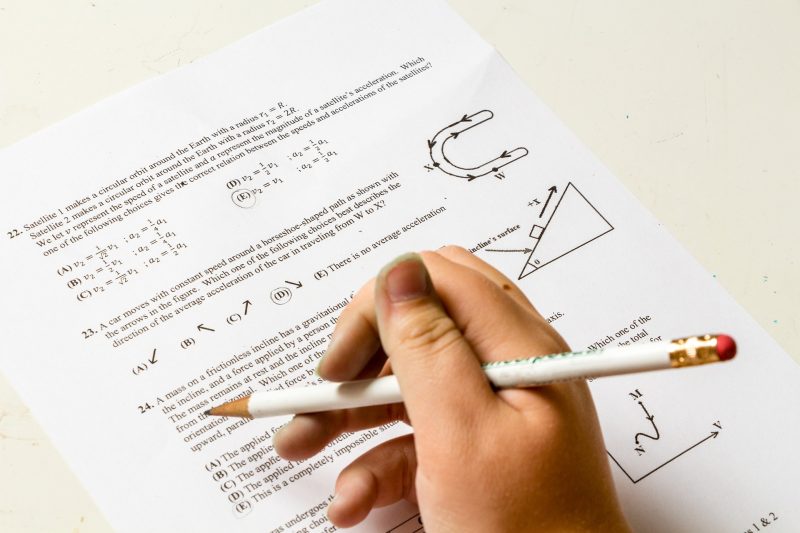When parents fist call for tutoring, many initially ask, “Will you assess my child?” This question is a complex one.
The short answer is, “Of course!”
The longer answer is the assessment likely won’t look as most parents expect. As tutors, we are continually assessing the students with whom we work. This assessment comes in many and varied forms. Most parents equate an assessment with a diagnostic test.
We don’t find that approach particularly useful. Here’s why:
There are too many skills to tests
The number of skills a student needs encompasses all the skills from previous grades. All of those skills cannot be covered in one test.
If a student is lacking skills from a previous grade, a grade-level assessment is not going to inform on which ones those are. A test covering all skills individually up to grade level would be prohibitively long and tedious.
Tests results don’t show process
Looking at a completed test does not give tutors a thorough picture about how a student is solving problems. Many students who come for tutoring don’t show their work. Part of why they seek tutoring is for help organizing their math work, or they try to do too much in their heads.
For example, if a student is simplifying fractions and the answer is wrong, the answer does not tell me if they don’t understand the meaning of simplification or if they are struggling with their division facts.
Tests can be a waste of time
To test for mastery of certain skills, as done in school, a variety of questions need to be asked of a certain topic because there are so many different cases for each.
If a student does indeed have mastery, answering all those questions is a waste of time. Equally wasted is the time of the student who doesn’t know the concept at all, yet struggles through eight questions.
If I am sitting with a student, I can ask him/her a few questions on a certain topic and know fairly quickly whether s/he has that concept down cold, needs a little review, or needs to be taught it again from the beginning.
As a result, our assessment is informal. Here’s how it usually works:
Our Assessment Process
The tutors sit with the students and present grade-level questions.
Based on their responses, we decide which questions to ask next. If a student struggles through an algebra problem, I will present an easier one. This will help me determine whether it is the process they are struggling with or a separate piece of the puzzle.
As they work, we watch to see their approach. If they slow down at a certain point of the problem, we make a mental note.
Next, we ask a more specific question similar to the part where they slowed down. We also see what parts of the problems they work through quickly.
When we see where they have confidence, we know those skills are well honed. A young student who can eventually figure out 4 x 31 = 124, but who takes his time calculating 4 x 6 clearly understands multiplication as a process but would benefit from some work to solidify the basic multiplication facts so that he can do problems more easily.
For a seventh grader having trouble with percent problems, I would first have her calculate a given percentage. If she answers that correctly, she’s likely struggling with the wording of the problem. If she answers incorrectly, I would give her a problem involving multiplying decimals. If she can do that correctly, then the misconception lies in how percents and decimals are related. If she’s incorrect, we need to back up and review multiplication of decimals.
As tutors, we have to diagnose where students are having trouble. Math is subtle, so the only way to do this is to keep having the students work and asking the next logical question.
No pre-written test can do that.


